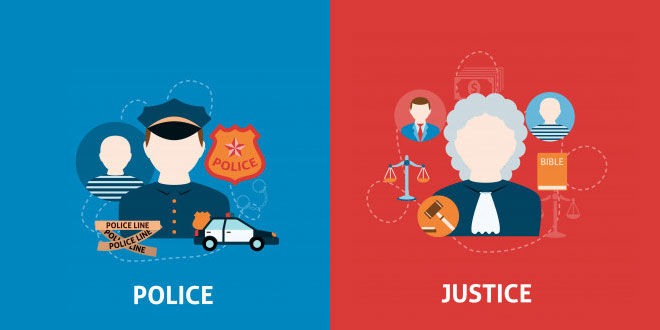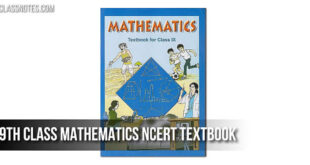Question: What is office memorandum?
Answer: A communication issued by an appropriate authority stating the policy or decision of the government.
Question: What is Parliament?
Answer: An assembly of elected representatives exercises supreme political authority on be-hay people is known as the Parliament.
Question: Who was the head of Second Backward Class Commission?
Answer: BP Mandal was the head of Second Backward Class Commission.
Question: Name the three organs of the Government.
Answer:
- Executive
- Legislative
- Judiciary
Question: Who is the head of the state and the head of the government?
Answer: The President is the head of the state whereas Prime Minister is the head of the government.
Question: What is a Parliament? Name the two houses of the Parliament.
Answer: It is the supreme law making body of India. It has two Houses:
- Lok Sabha
- Rajya Sabha
Question: What are institutions?
Answer: The arrangements which are made in modern democracies to run the government.
Question: Name any three institutions responsible to run the democratic government in India.
Answer:
- The Prime Minister and the Cabinet
- The Civil Servant
- The Supreme Court
Question: Name the institution where disputes between citizens and the government are finally settled.
Answer: The Supreme Court.
Question: Why democratic governments insist on institutions? Give two reasons.
Answer:
- Institutions involve rules and regulations.
- Institutions bind the hands of the rulers as these involve meetings, committees and routines.
Question: Which House has more power regarding the money bill? Give reason.
Answer: The Lok Sabha exercises more powers in money matters. Once the Lok Sabha passes the budget of any other money related law, the Rajya Sabha cannot reject it. The Rajya Sabha can only delay it by 14 days or suggest changes, in it. The Lok Sabha may or may not accept these changes.
Question: Explain No Confidence Motion.
Answer: Only a person who enjoys the support of the majority of the members of the Lok Sabha is appointed as the Prime Minister. If a no confidence motion is moved in the Lok Sabha, and passed, then,the Government has to resign.
Question: With reference to the Rajya Sabha answer the following questions:
- What is its power relating to money bill?
- Can it pass a No-Confidence Motion?
Answer:
- A Money bill can originate only in the Lok Sabha. When it is sent to the Rajya Sabha, it cannot reject it. The Rajya Sabha can delay it for 14 days.
- No, Rajya Sabha cannot pass the No-confidence Motion.
Question:Define Executive.
Answer: At different levels of any government we find functionaries who take day-to-day decisions, but do not exercise the supreme power on behalf of the people. All those functionaries are collectively known as the executive.
Question: Who appoints the Prime Minister?
Answer: The Prime Minister is appointed by the President.
Question: What is the tenure of the Prime Minister?
Answer: The Prime Minister does not have a fixed tenure. Normally a Prime Minister is elected for 5 years, but remains in power till he enjoys the majority support.
Question: Who are Cabinet Ministers?
Answer: They are usually the top level leaders of the ruling party or parties, who are in charge of the major ministries like Defense, Railway, Foreign Affairs etc. Normally, all the major decisions are taken by these ministers.
Question: What is judiciary?
Answer: All the courts at different levels in a country are called the judiciary.
Question: Which is the highest court of India?
Answer: The Supreme Court
 Class Notes NCERT Solutions for CBSE Students
Class Notes NCERT Solutions for CBSE Students



